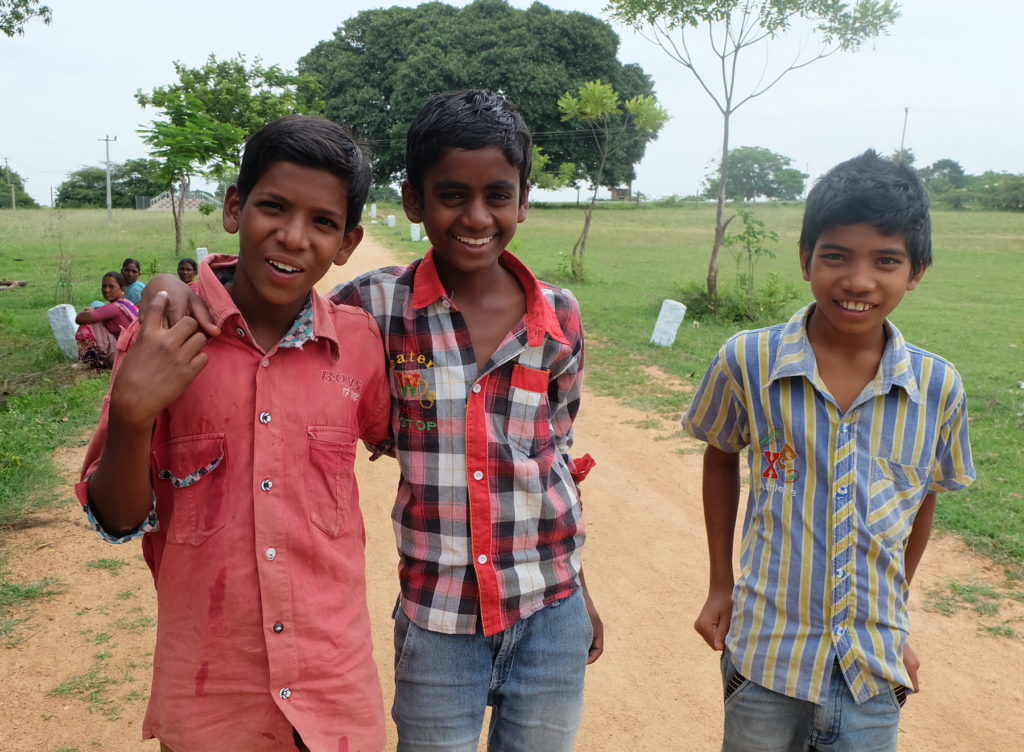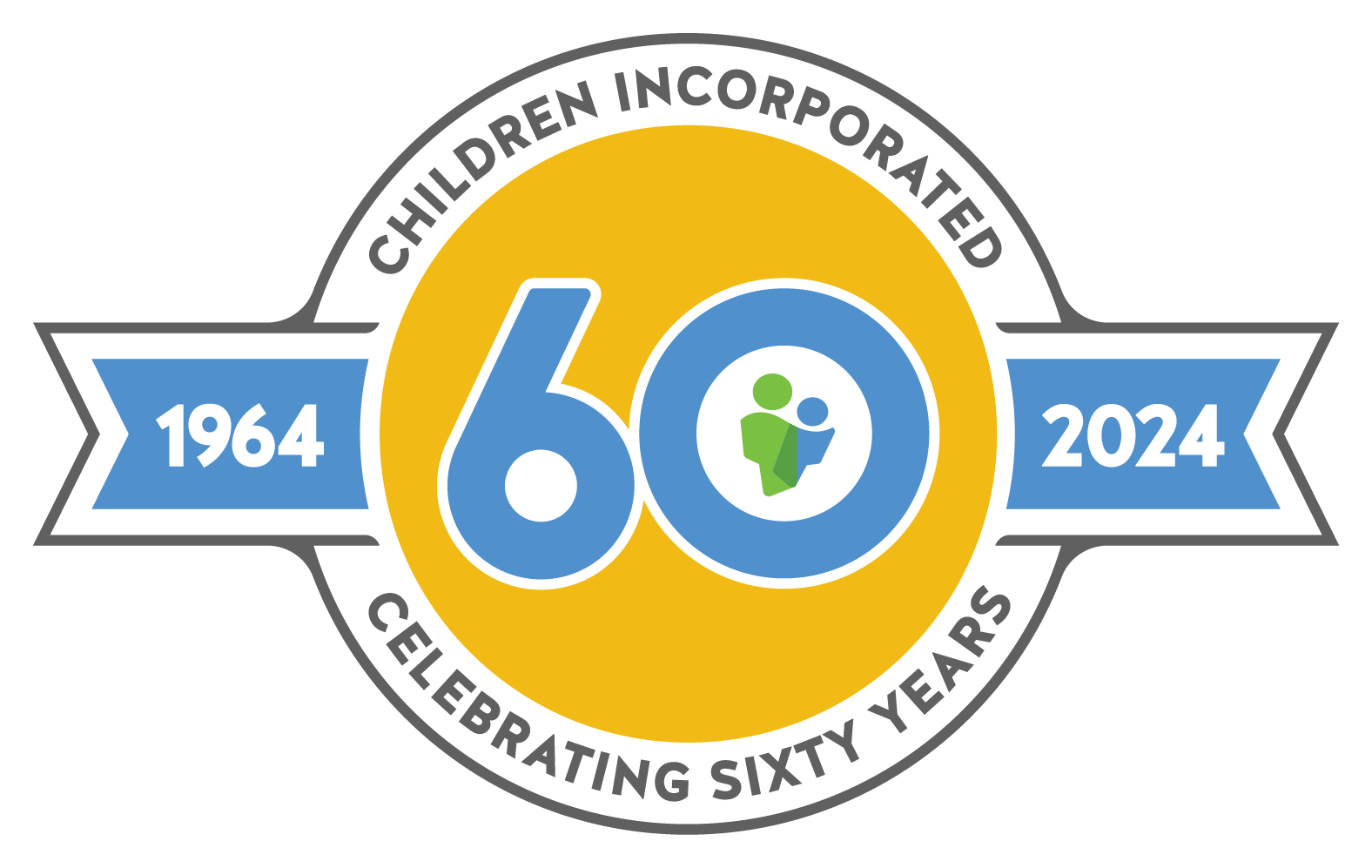
For $35 a month, you can provide a child living in poverty with food, clothing and an education.
Sponsor a ChildCelebrating 60 Years

Since 1964, we have provided life-changing support to children living in poverty through our programs and special projects. Please consider joining us in our efforts today!
Our Mission
Children Incorporated provides life-changing resources to children around the world because we passionately believe that every child deserves education, hope and opportunity.
Make a DonationOur Special Funds
Our Work
We provide basic necessities such as food, clothing, hygiene items and educational support to children in 20 countries including in the United States. Each year, we give thousands of children from impoverished households a chance at a better life.
-
This is Andrea
She lives in the Philippines. You can sponsor a child just like her today for only $35 a month:
Sponsor a child -
This is Diego
Diego lives in Mexico. You can help a child just like him by becoming a sponsor today:
Sponsor a child -
This is Susan
She lives in Peru. Many children just like Susan could use your support through sponsorship:
Sponsor a child
Our Impact
Children Incorporated works across four continents to help children in some of the most vulnerable places in the world. Our work impacts the lives of children and families in four key areas: education, health and well-being, emergency relief and community support.
Read stories about our impact:
“There are many fine agencies to choose from, but my personal favorite is Children Incorporated… The experience has brought tremendous joy and satisfaction to my entire family.” DR. RICHARD CARLSON – LATE AUTHOR,Read more
EXCERPT FROM "DON’T SWEAT THE SMALL STUFF"
Search for a Child to Sponsor
For just $35 a month, you can change the life of a special child who is waiting for your support.
Search Now“The personal attention to the children and programs is exceptional and rare, but what is really unique about Children Incorporated is that they know who they are. They have a vision for their best, most productive self - one that retains their uniqueness and effectiveness - and they are acting on realizing that vision. You can trust them. You will know you are truly helping real children, in real time, and you will know how every penny you give is spent. I know this from thirty years of experience with Children Incorporated.” Rosanne Cash, Grammy Award-Winning Artist





